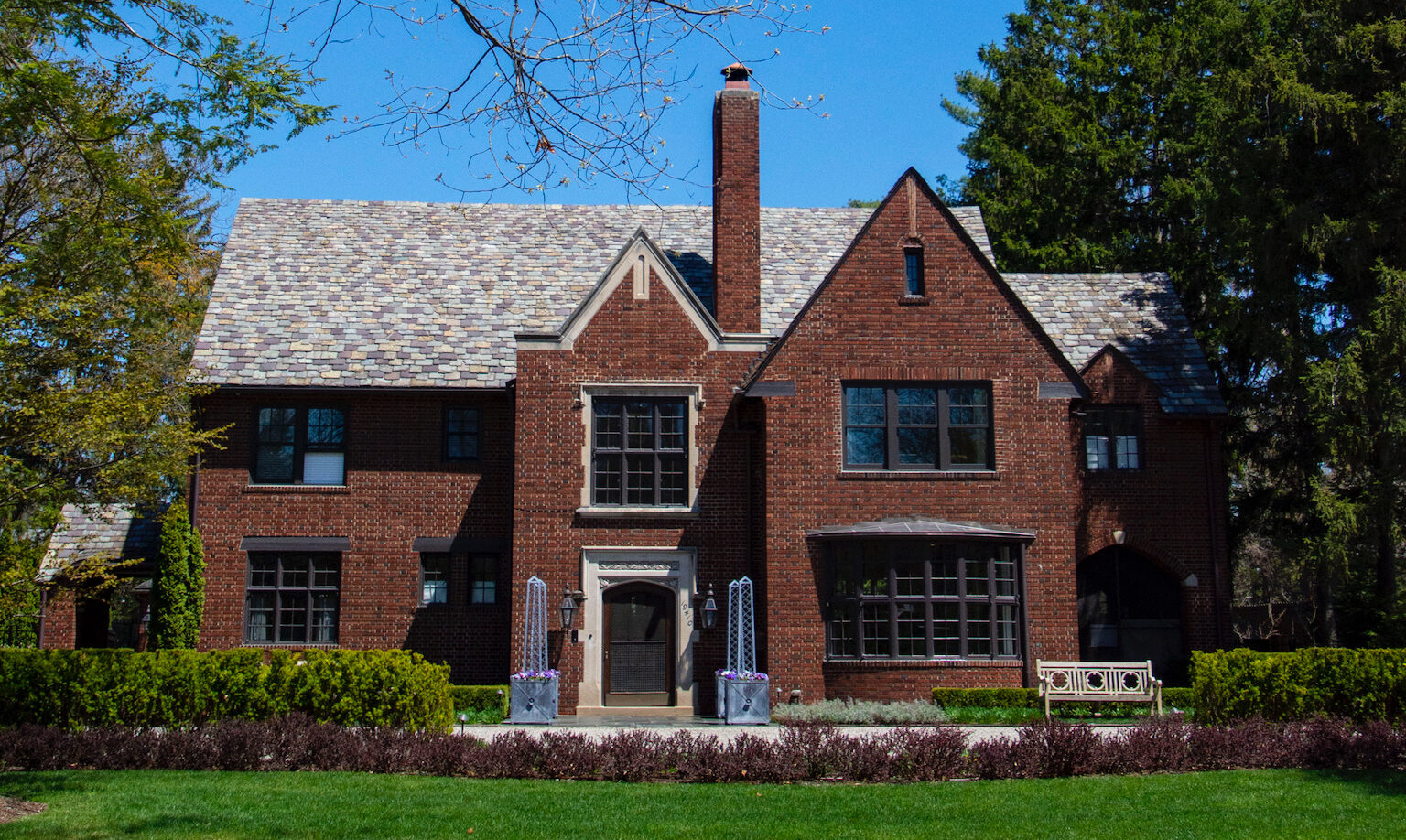Robert Pauli Scherer was the inventor of the rotary die press used to create soft gelatin capsules for medications and dietary supplements. Born on October 10, 1906 in Detroit, Michigan, Scherer was raised and educated in the city, and after attending Detroit’s public school system he studied at the University of Michigan, graduating with a B.A. in 1928 and a B.S. in chemical engineering in 1930.
After earning his degree, Scherer began working in the pharmaceutical field. During this time, he realized there was a better way to process vitamins and drugs into soft, convenient capsules. In a workshop in the basement of his parents’ Detroit home, Scherer invented the rotary die encapsulation machine. Doses of medicines in liquid or powder form became easier to ingest when in a capsule, with the added benefit of masking bad tasting drugs. By commercializing the production of gelatin capsules, Scherer’s invention helped improve health and nutritional standards worldwide.
Scherer applied for a patent for his invention in 1931, and in 1933 he founded the Gelatin Products Company, which became the R.P. Scherer Corporation in 1947. The firm was the world’s largest manufacturer of soft gelatin capsules by 1984, with 18 plants located across 12 different countries.
Robert Scherer died on July 27, 1960 and the company passed into the hands of his son, Robert P. Scherer, Jr. In 1998 the company became part of an organization known today as Catalent Pharma Solutions.
During his life, Scherer was granted 52 patents. In 1955, his original rotary die encapsulation machine was added to the Smithsonian Institution collection. Scherer’s birthplace, at 67 Kirby Street, received a Michigan Historical Marker in 1984. The home was formerly the site of the Detroit Children’s Museum, and is today the Hellenic Museum of Michigan.

